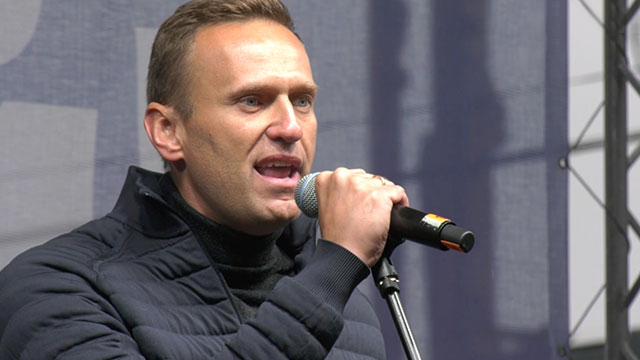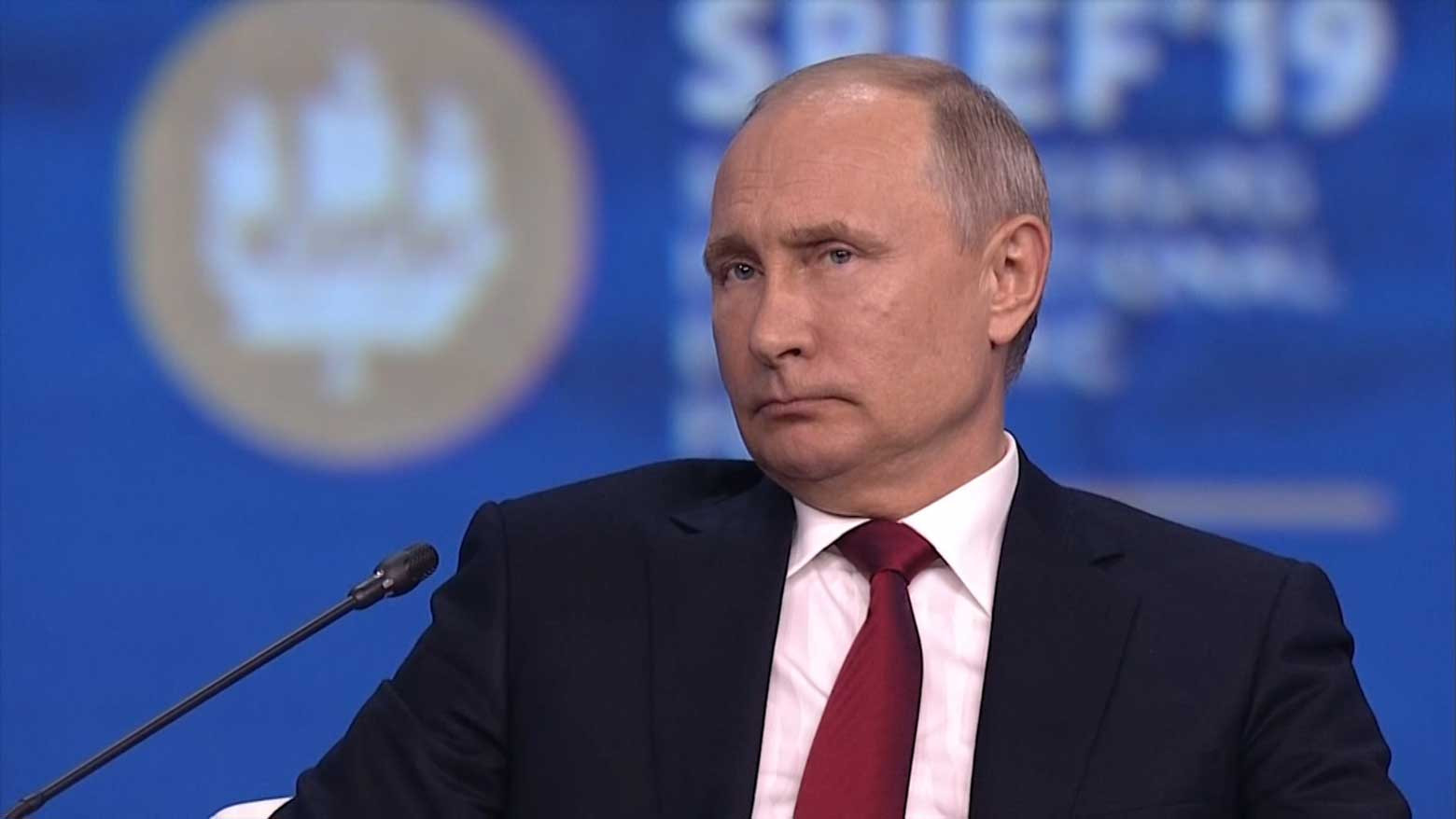Blood analysis detects nerve agent
Navalny fell unconscious on board a domestic Russian flight in August and ended up battling for his life in hospitals in Russia and, later, Germany. Analysis of his blood detected the presence of a nerve agent developed by the former Soviet Union.

Data for sale from Russia's dark market
The Bellingcat investigation uncovered evidence implicating Russia's Federal Security Service, or FSB, in the poisoning, by analyzing reams of communication and travel data available online. It also discovered the existence of a secret FSB unit that specializes in the use and development of toxins.
The Bellingcat team obtained personal information on FSB members, including phone records, travel documents and vehicle registrations.
"Privacy is very, very, very bad in Russia," says Aric Toler, a Bellingcat reporter who worked on the investigation. "There's no privacy really because the government collects everything. And this is leaked online all the time. So using these databases of leaked information, we were looking at people who arrived on flights at the same time as Navalny and who left from the same airport as Navalny."

Bellingcat identified three people who had the same itinerary as Navalny, one of whom was listed as an FSB officer in a public database. Bellingcat also identified five other people who supported and supervised the three operatives, and followed Navalny on some of the trips. The travel history showed the team had actually followed Navalny on 37 trips across Russia, starting in 2017.
Bellingcat found that after the poisoning, the three operatives contacted a Moscow-based number. It turned out to belong to the operations supervisor at the FSB facility where Novichok was developed. Whatever information was passed on in the call appeared to travel up a chain that ended with FSB Director Alexander Bortnikov, a member of President Vladimir Putin's inner circle.
Russia denies involvement
On December 17, President Putin said at a news conference that FSB agents had tailed Navalny but denied the Kremlin was involved in the poisoning. He accused US intelligence agencies of fabricating the allegations. FSB itself also denies any involvement.
But for Toler, the evidence that the FSB agents were responsible for the attack is overwhelming. And he says it is impossible to believe that Putin did not personally approve the poisoning.
"Let's just imagine Putin did not know about this operation," Toler says. "That's actually even worse. That means that his internal security services are rogue. They are acting on their own to poison politicians within Russia."
And on December 21, the investigative team published details of a phone conversation between Navalny and an FSB official, in which the agent inadvertently admits to the attempted assassination.
Bellingcat proves transparency is possible
Bellingcat, established in 2014, has pioneered a public-data-based approach to investigative reporting. The team gave rise to a revolution in journalism, identifying key suspects in the Malaysian Airlines Flight 17 clash, as well as suspects in the poisoning of former Russian double agent Sergei Skripal.
Koizumi Yu, an assistant professor at the Research Center for Advanced Science and Technology at The University of Tokyo and an expert on Russian security, says Bellingcat's independence makes it uniquely suited to investigations like these.
"Bellingcat is not beholden to political interests or economic models," he says. "It acts purely on its own initiative, and yet it has still managed to disrupt international politics. Everyone has been skeptical about the possibility of a transparent and equal world, but Bellingcat has proved it's actually possible, which is exciting."


